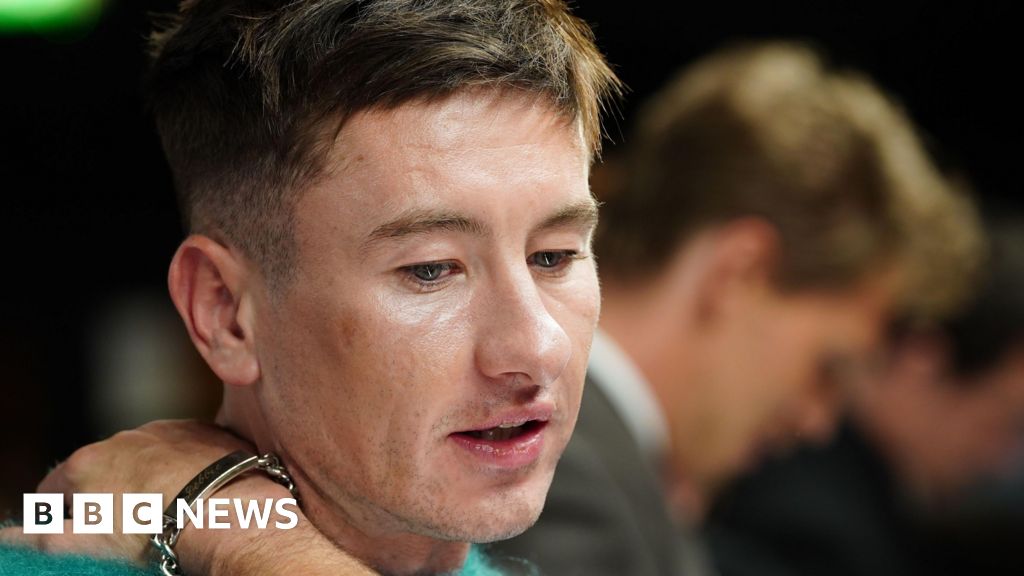Ministers must act to ensure Britain's public broadcasting landscape does not become a thing of the past, the BBC's chairman has warned.
Dr Samir Shah said "the fight is on" for the future of public service broadcasting in his first major speech since taking the role.
Dr Shah told a group of TV industry figures in Leeds on Tuesday that public service broadcasters (PSBs) like the BBC were a "very British success story".
But amid the rise of streaming, Dr Shah, who became chairman in March, warned: "Action is now needed to future-proof PSBs, otherwise our very British success story will be part of our halcyon past."
He questioned the "almost perpetual government review over the BBC" and added: "No other country has anything like this. PSBs lie at the heart of our social and cultural life, and they are worth fighting for. And, to be frank, the fight is on."
Dr Shah floated the idea of a permanent BBC charter, which would bring the BBC in line with other institutions such as the British Council, the Bank of England and UK Sport.
The current system means the BBC's royal charter is renewed every 10 years.
The current charter runs out in 2027, and the government published the conclusions of a mid-term review in January.
The charter sets out the purposes of the BBC and outlines its governance and regulatory arrangements, including the role of the BBC board.
Discussions with the government ahead of the next charter renewal will be approached "constructively and with an open mind", he said, and "reforming the licence fee, replacing it, or coming up with a whole new mechanism" all remain on the table.
The BBC chairman also said he doesn't support subscription and advertising as possible future funding models because neither "pass the test" for a universal, public service BBC as they shift the priority from serving audiences to profiting from them.
ITV, Channel 4, Channel 5 and S4C are also classed as public service broadcasters.

 Movie
Movie 1 day ago
10
1 day ago
10 




![Presidents Day Weekend Car Sales [2021 Edition] Presidents Day Weekend Car Sales [2021 Edition]](https://www.findthebestcarprice.com/wp-content/uploads/Presidents-Day-Weekend-car-sales.jpg)



 English (United States)
English (United States)